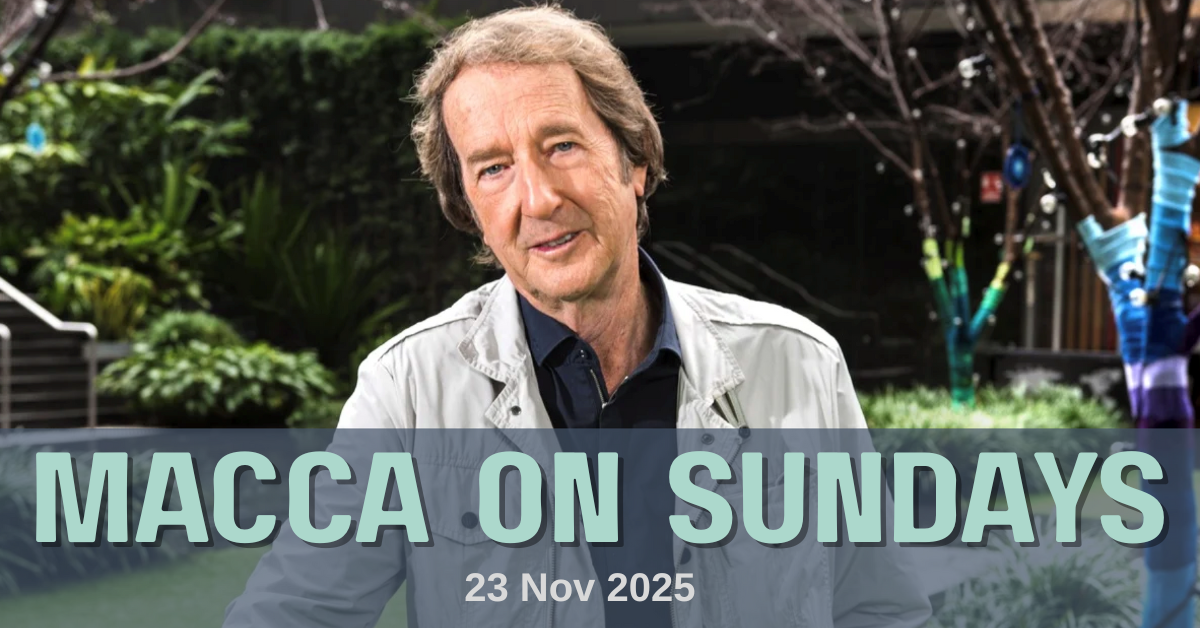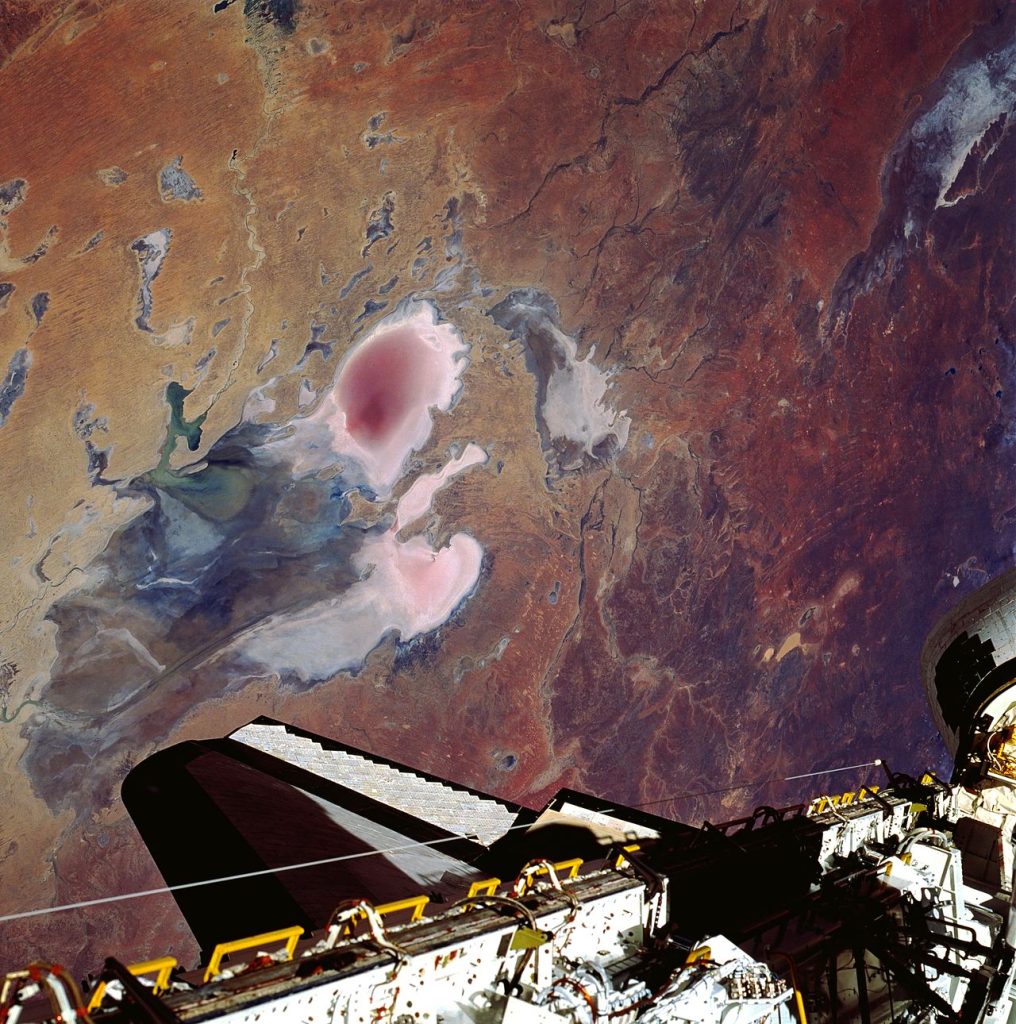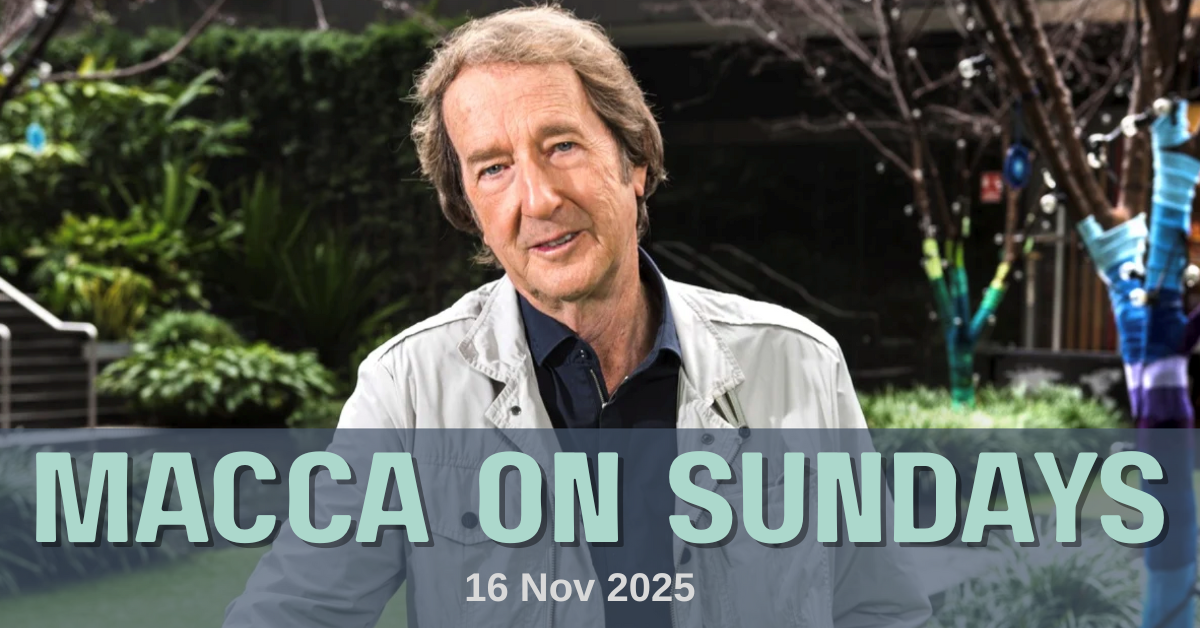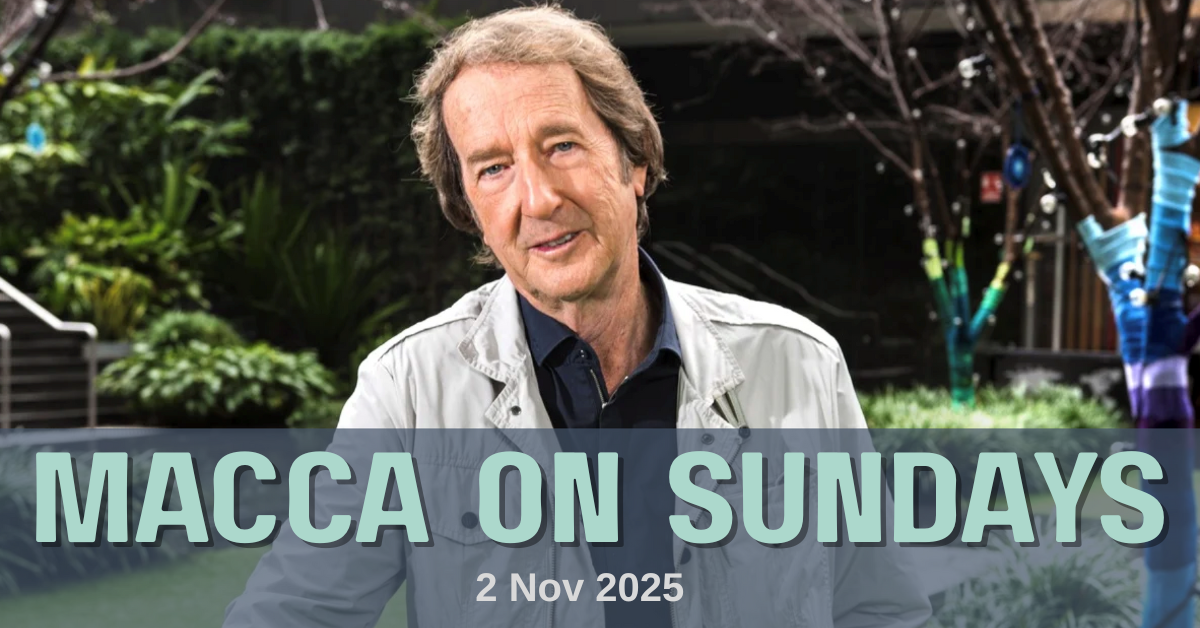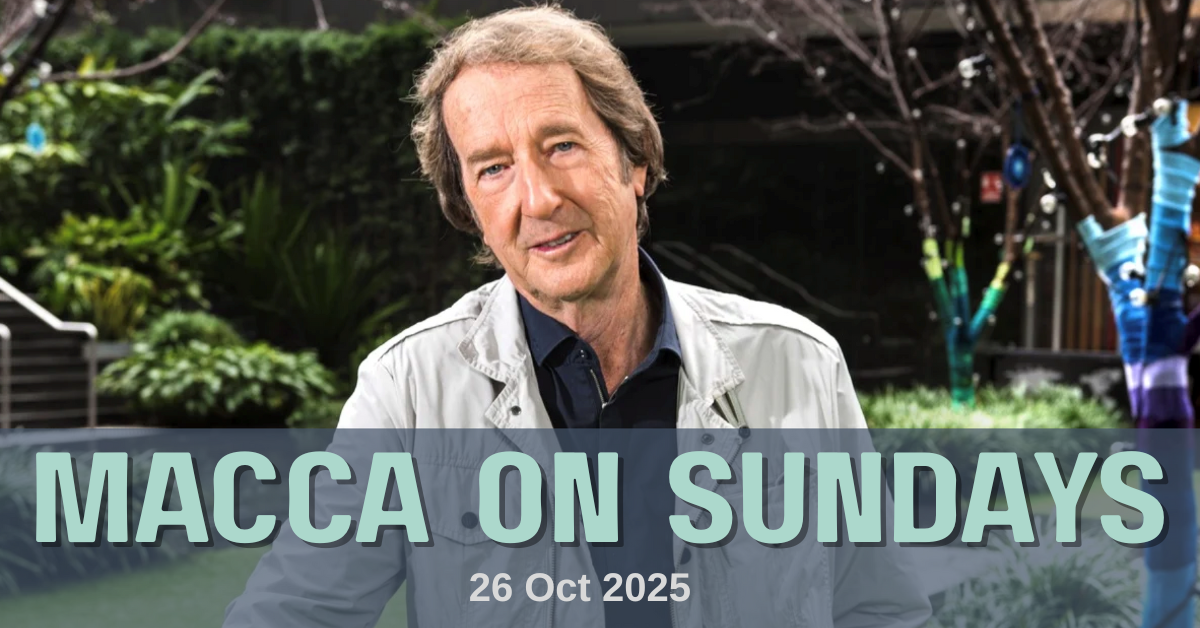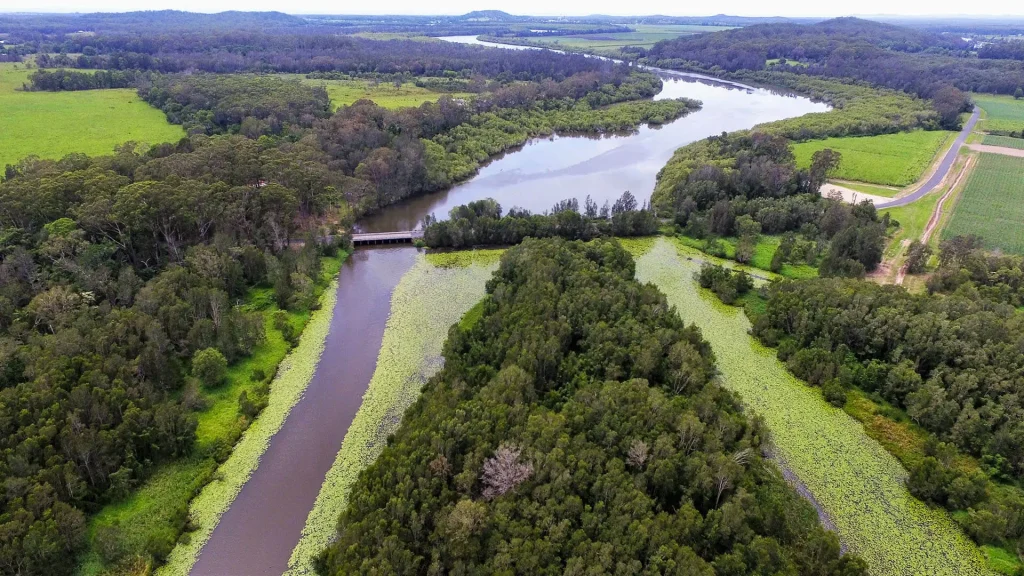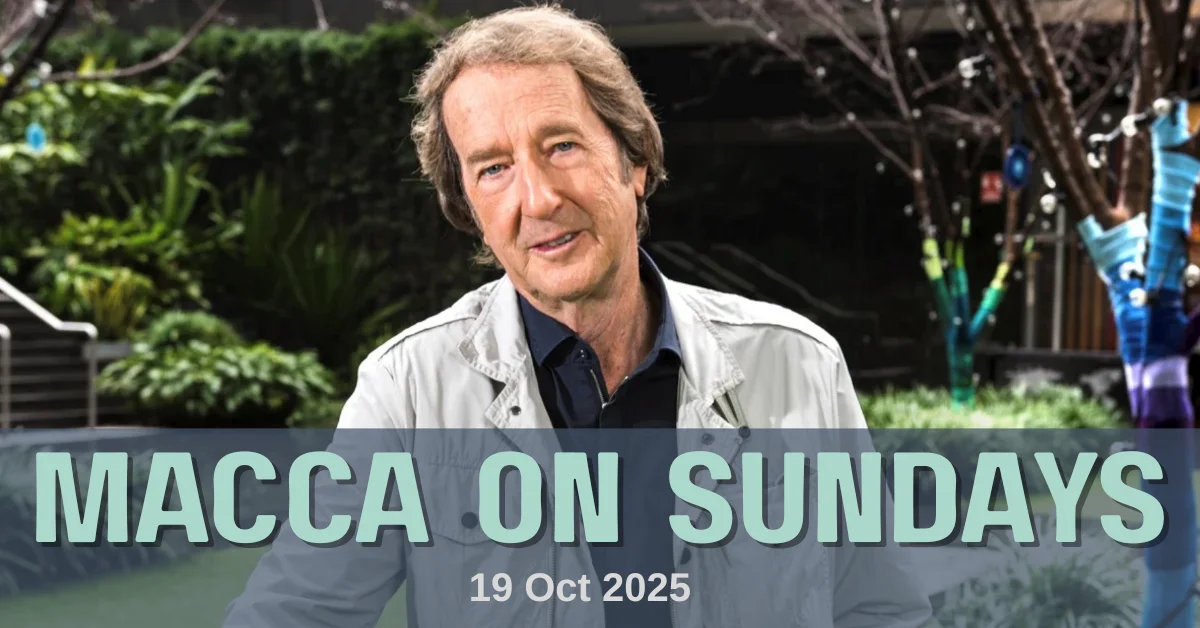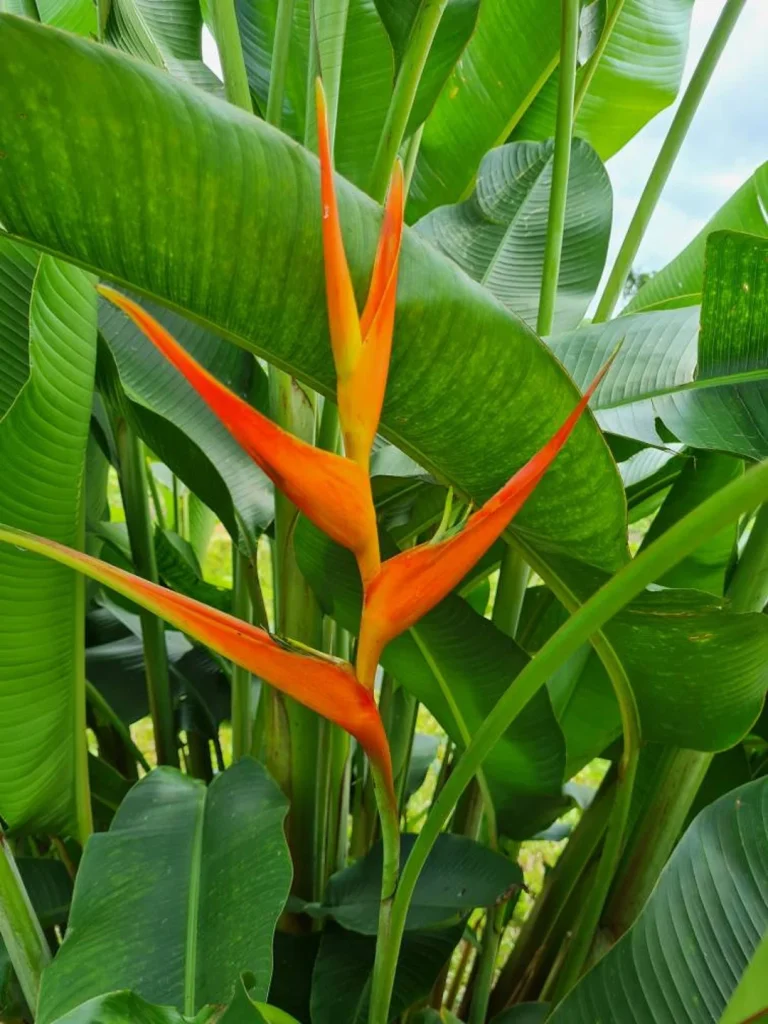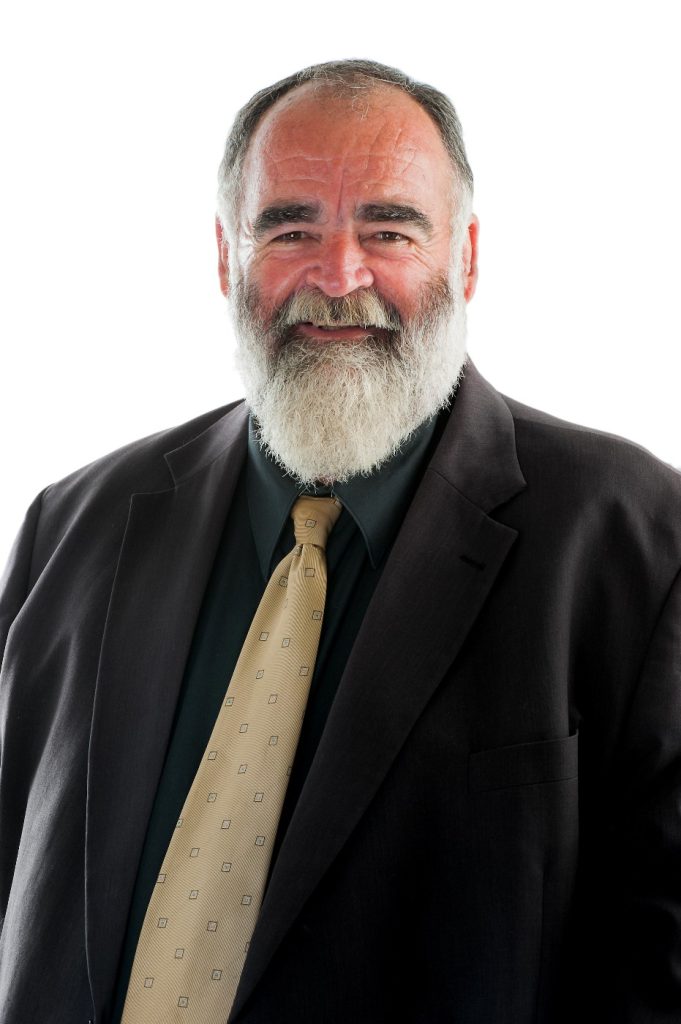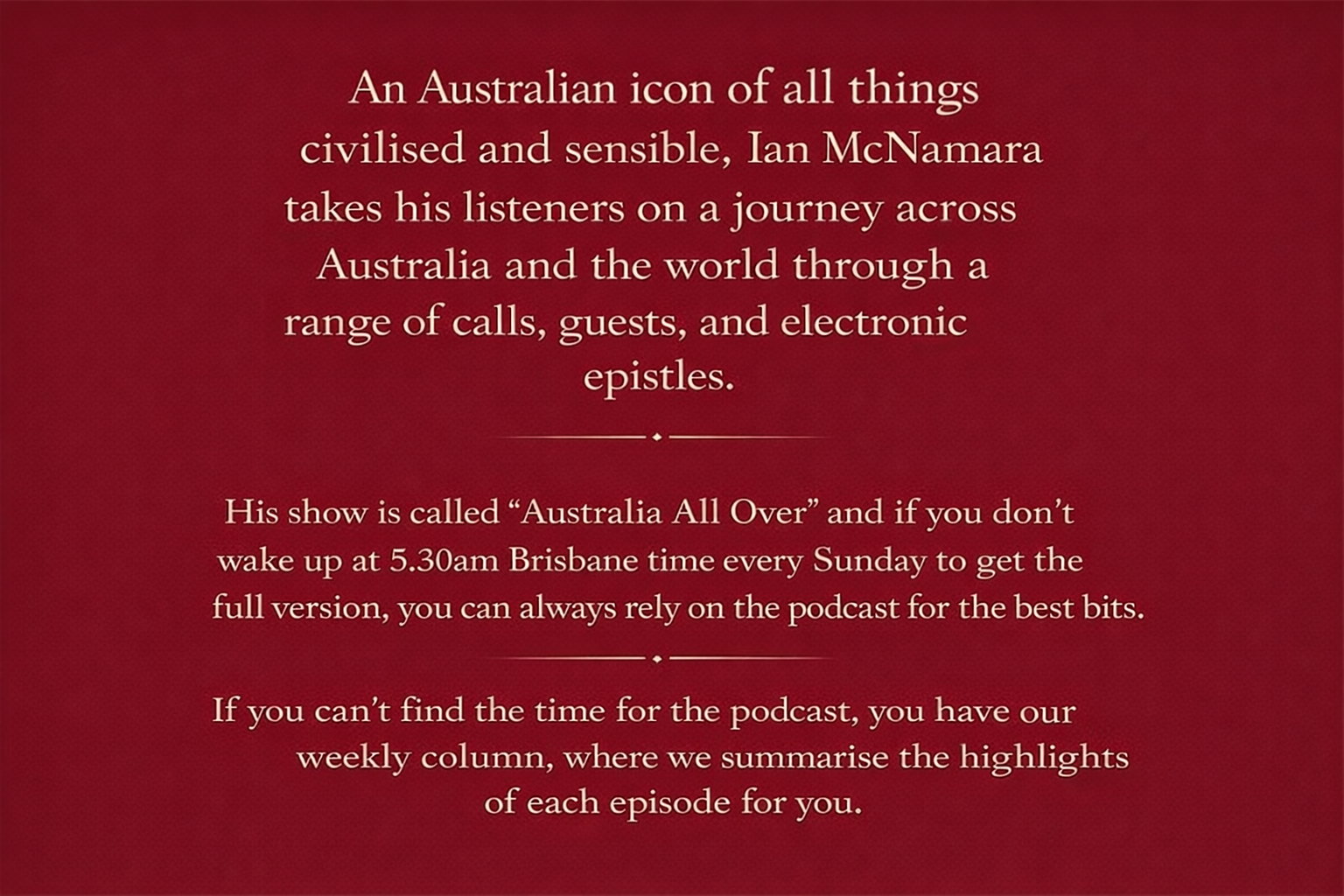
The Australian Phone Box, One Last Time Before Christmas
The final program before Christmas always has its own tempo. The phone lines are open, the pace eases, and the stories arrive without hurry — from cars pulled over on country roads, from kitchens, islands, cricket grounds and ferries crossing Bass Strait. There’s no theme for the morning, no grand design. Just people, ringing in from wherever they happen to be, sharing what’s in front of them as the year draws to a close.
Downham Farm, the Darling River, and a Landscape That Holds Memory
Kevin rang first, calling from Fletcher’s Lake Road, travelling near the Darling River between Wentworth and Tolarno. Three years earlier, he and his family bought Downham Farm at the end of the millennium drought, when the place was bare. They didn’t know rain was coming, or that it would keep coming for more than a year, followed by flooding on a scale comparable to the 1956 flood.
The old homestead survived bushfires, floods and everything else. The land itself carries deep history: Aboriginal imprints, Cobb & Co river crossings, and paddle steamer landing points that now form a walking track along the bank. Kevin spoke about the place as something unique rather than something owned.
Driving recently through Bourke and along the Darling, he noticed wildlife everywhere — kangaroos in huge numbers, along with foxes, pigs and feral cats. He mentioned seeing two albino kangaroos in recent weeks, which bush lore associates with population surges. Whether superstition or observation, the land was clearly responding to changing seasons.
Before hanging up, Kevin flagged another story for next year: European carp and the condition of Australia’s rivers.
A Young Cricketer on the Road
Next came Digby, aged 12, calling from the car as he travelled from Moree to Gunnedah to play cricket. He plays representative cricket for Moree and has been travelling around the countryside with his dad for sport for several years.
He described himself as “probably a batter”. Macca spoke to him about fielding, practice, and repetition, using examples like Steve Smith and Mark Waugh. Digby listened carefully. The match would start at 9:30am, forty overs, most of the day.
Christmas would be spent at home this year, a welcome break after all the travel.
A Piano Up Mount Wellington, and Now Around Australia
Colin rang next, following up on a call from the previous year about his nephew, Kelvin Smith, the Tasmanian pianist who pushed an upright piano to the summit of Mount Wellington. Macca recalled his disbelief at the time, learning that Kelvin had engineered a special frame with braking systems to satisfy police requirements. The effort took 23 hours and 21 minutes.
Colin explained that Kelvin is now touring mainland Australia with a baby grand piano on a trailer behind a Toyota Hilux, complete with a dehumidifier to protect the instrument. He plans to play at iconic locations around the country — Uluru, Simpson Desert sites, coastal and inland landmarks — wherever the place feels right. The piano belongs to a men’s homeless shelter, and while fundraising was not explicitly promoted, the performances continue his long-standing connection to community causes.
Kelvin later rang himself, calling from the Spirit of Tasmania as he boarded for the mainland. He confirmed the plan: two months on the road, travelling clockwise as far north as the wet season allows, unloading the piano and playing wherever he arrives. No concerts, no advertising, no agenda. Just music for whoever happens to be there.
Reflections on a Long Year
As the morning unfolded, Macca reflected on the year that had been. He spoke about the passing of Col Joye and Lawsy, and about learning things late in life — including details about Captain Cook’s death in Hawaii that were never taught in school.
Kieran Kelly joined him in the studio. They talked about ageing, fitness, and mental challenge. Kieran spoke about swimming, boxing, Pilates, strength training, and finishing a book that took five years to write. Physical effort mattered, but so did intellectual engagement.
The conversation moved naturally into the cost of living. Airfares, airline capacity, and rising prices were discussed, along with money supply, housing affordability and the difficulty younger Australians face trying to buy homes.
Building Roads on Mornington Island
Benny rang from Mornington Island in the Gulf of Carpentaria, where he runs a road crew — something the island had not had before. In the past two years, his team has upgraded roads that were little more than goat tracks, laying gravel and improving access around the island.
The crew numbers fifteen, including machinery operators and traffic control. Many are local young men in their twenties. Benny spoke about the importance of giving people a chance to learn skills and build rhythm and purpose into their lives. He flies in and out from the Atherton Tablelands every six to eight weeks and is looking forward to returning home, especially with twins due in July.
Music on the Road and Old-School Values
Macca then told the story of meeting Zack, a mine worker travelling between jobs who plays music in his spare time. Zack performs with an outlaw country band called Bubba Bishop, drawing inspiration from classic country traditions. The music is raw, authentic and grounded in working life rather than polish or production.
This led into discussion about artificial intelligence and music, with callers noting how easily AI-generated songs can now be created. Macca acknowledged their technical impressiveness but questioned what might be lost without live performance and human presence.
Weather, Gardens, and Christmas from Afar
Irv wrote from Maine in the United States, describing deep winter conditions, sub-zero temperatures, snow cover and early sunsets as the winter solstice approached. He and Celia wished Macca and listeners a happy Christmas from the cold northern hemisphere.
Susie rang from Alice Springs, where temperatures had exceeded 40 degrees for weeks. She described coping strategies, including ice baths inspired by the Wim Hof method, and spoke about the benefits of pushing the body out of constant comfort.
Chris rang from Flying Fish Point near Innisfail, explaining how tropical humidity affects everyday life. Laundry can take days to dry, and mould grows quickly in cupboards during the wet season.
Therese rang from Northland, New Zealand, sitting in her mother-in-law’s vegetable garden while listening to the program. She described the rapid growth of plants in the warm climate and spoke about normally living in Dungog, where she runs a café. Christmas this year was about family and slowing down.
Letters, Memories, and Life Lived Elsewhere
Ian rang to share memories of operating D8 dozers in Vietnam in 1968 with the Royal Australian Engineers, clearing jungle near Nui Dat. He reflected on the danger, the losses, and the strange logic of military operations, noting that Australia brought damaged machinery home rather than abandoning it.
James rang to identify a large blue yacht seen in Sydney Harbour. The vessel is called Sea Eagle, owned by Taiwanese billionaire Dr Samuel Lim, and available for charter. James also recommended the MarineTraffic app for tracking large vessels and spoke about working in shipping, including car imports through Port Kembla.

Chrissie rang, reflecting on immigration, accents, volunteering, and her involvement with Rotary in Hobart. She spoke about the need for younger volunteers and the value of community service.
KJ rang from Blackburn South in Melbourne, reflecting on arriving in Australia from India decades earlier. He spoke about slowly becoming Australian through shared experiences, sport, grief and joy, while also addressing racism, immigration policy, and the importance of criticising systems rather than people.
Hans rang from Endeavour Hills, southeast of Melbourne, describing daily walks in nearby nature reserves where he sees kangaroos, echidnas and native birds. Originally from Germany, he spoke about respecting Australian wildlife and feeling deeply at home in the landscape.
A Burnt Christmas Tree and a Town That Responded
Faye rang from Kempsey with a story that brought the program to a pause. The town’s Christmas tree, erected earlier in December, had burned down, leaving only a metal frame. Overnight, locals turned up with decorations, ribbons, lights and even fishing rods to reach the top. The tree was redecorated by the community.
Though the RSL offered to replace it, the town wanted to keep the rebuilt version. What began as vandalism became a shared act of care.
Feet on the Ground, Music, and the Long Way Around
Ben Mifsud, a podiatrist, joined Macca in the studio. He had earlier helped Macca on the roadside when his car ran out of oil. Ben spoke about feet, old and new podiatry tools, and how people often take their feet for granted until something goes wrong.
He also spoke about his annual trips to the Elvis Festival in Parkes, describing the joy of country towns, road trips and shared enthusiasm for music that still resonates decades after Elvis’s death.
Debbie rang from Busselton with an update on the replica of the Endeavour, explaining plans for a major re-rig involving kilometres of standing rigging. She spoke about hopes for a voyage to Whitby in England for the Captain Cook tricentenary and the need for volunteers and funding.
Barry and Liz Wessels rang to talk about windsurfing, describing how the sport led them from Melbourne to Western Australia, and later to Greece, where they continue to windsurf. They spoke about ageing, fitness, and the joy of movement and travel.
Ryan Goodman appeared unexpectedly, reconnecting with Macca after more than twenty years. As a Canberra Grammar student, Ryan had once interviewed Macca for a school project. Now working in sports media, he spoke about attending a Wests Tigers protest and his continued passion for sport. His partner Monica joined the conversation, reflecting on Christmas travel between Melbourne, Ballarat and Canberra.
Holding It All Lightly
By the time the last calls faded, there was no single message to take away — only a sense of accumulation. A year measured not by events, but by voices. By people building roads, driving kids to cricket, restoring farms, pushing pianos up mountains, redecorating burnt Christmas trees, and simply getting on with things. As always, the program ended the way it began — Australia talking to itself, holding it all lightly, and heading into Christmas much the same way it lives the rest of the year.
Listen to the podcast episode here.
Disclaimer: ‘Australia All Over’ is a program produced and broadcast by the ABC Local Radio Network and hosted by Ian McNamara. Brisbane Suburbs Online News has no affiliation with Ian McNamara, the ABC, or the ‘Australia All Over’ program. This weekly review is an independent summary based on publicly available episodes. All original content and recordings remain the property of the ABC. Our summaries are written in our own words and are intended for commentary and review purposes only. Readers can listen to the full episodes via the official ABC platforms.








